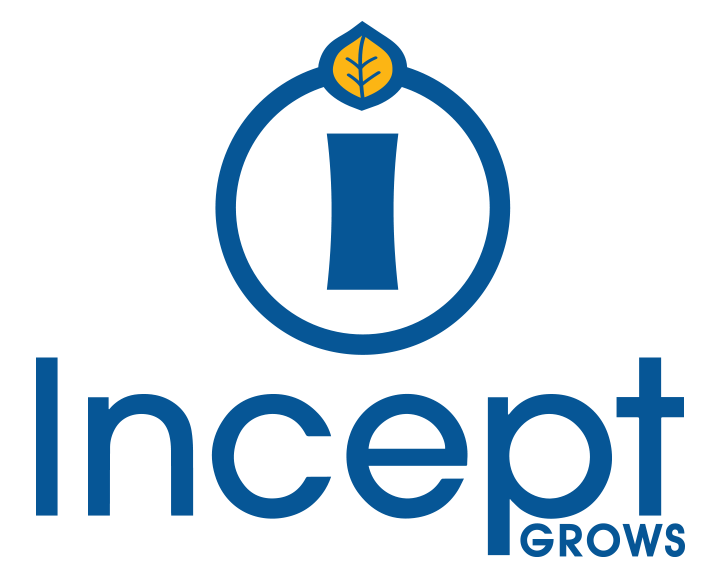Potential Challenges and Solutions to Outsourcing Lead Generation
Outsourcing lead generation can be a strategic move to focus on core business functions while still driving growth through a steady influx of qualified leads. However, while outsourcing lead generation offers several advantages, it also comes with its fair share of challenges and considerations. We have listed 10 points of concern that should be considered when discussing about outsourcing lead generation:
Quality of Leads:
Issue: The outsourced provider may not fully understand your target audience or deliver leads that don't meet your criteria.
Mitigation: Clearly communicate your ideal customer profile and regularly review and refine lead quality criteria.
Related Post: MQL V. SQL: HOW BUSINESSES SHOULD DEFINE B2B LEADS
Data Security and Privacy:
Issue: Sharing sensitive customer data with an external party can pose security and privacy risks.
Mitigation: Implement stringent data security protocols, conduct due diligence on the outsourcing partner's security measures, and use secure communication channels.
Communication and Alignment:
Issue: Lack of alignment between your brand messaging and the outsourced team's understanding may lead to inconsistent communication with potential leads.
Mitigation: Provide detailed brand guidelines, conduct regular training sessions, and maintain open lines of communication to ensure a unified message.
Hidden Costs:
Issue: The initial outsourcing agreement may not cover all potential costs, leading to unexpected expenses.
Mitigation: Clearly define the scope of work and discuss potential additional costs upfront. Regularly review the agreement to address any changes.
Dependence on a Single Provider:
Issue: Relying solely on one outsourcing partner can be risky in case of service interruptions or unforeseen issues.
Mitigation: Diversify lead generation strategies and, if possible, work with multiple outsourcing providers to mitigate the risk of dependency.
Cultural and Language Differences:
Issue: If the outsourcing team is located in a different region, cultural and language differences may impact the effectiveness of lead generation efforts.
Mitigation: Choose outsourcing partners with a strong understanding of your target market and a proficient command of the language used in your campaigns.
Lack of Control:
Issue: Outsourcing means relinquishing some control over the lead generation process, and this may result in a perceived loss of oversight.
Mitigation: Establish clear communication channels, set expectations, and regularly review performance metrics to maintain a sense of control and accountability.
Turnover and Training:
Issue: High turnover rates in the outsourced team can lead to disruptions and require frequent training of new personnel.
Mitigation: Select outsourcing partners with a stable workforce, and ensure comprehensive documentation and training materials are provided for seamless transitions.
Regulatory Compliance:
Issue: Different regions may have varying regulations concerning lead generation, and ensuring compliance becomes challenging.
Mitigation: Stay informed about relevant regulations in the target markets, and work with outsourcing partners who prioritize compliance.
Measuring ROI:
Issue: It can be challenging to accurately measure the return on investment (ROI) from outsourced lead generation efforts.
Mitigation: Establish clear performance metrics and reporting mechanisms. Regularly assess the effectiveness of the outsourcing partnership against your business objectives.
Overall, success in outsourcing relies on thorough research, clear expectations, and ensuring continuous alignment with business objectives. With the right approach, outsourcing can be a powerful tool for driving business growth and success.
